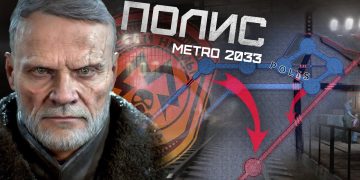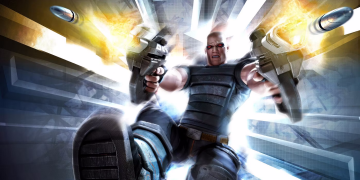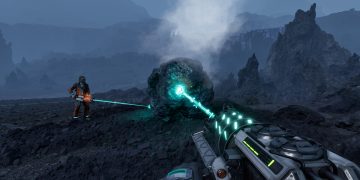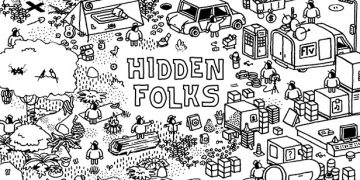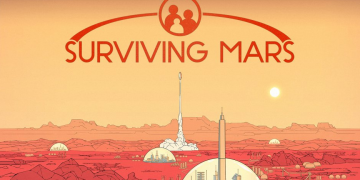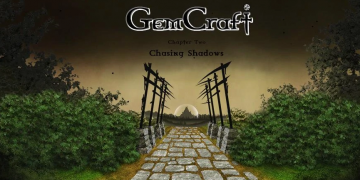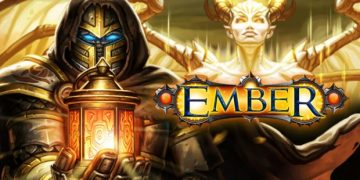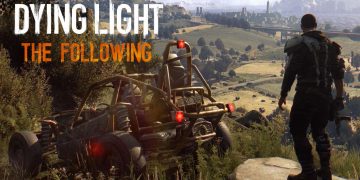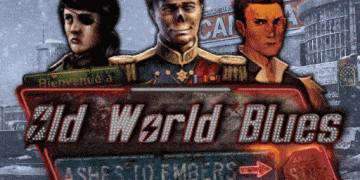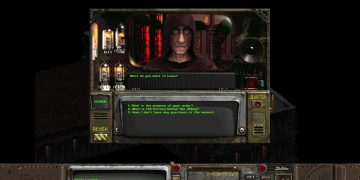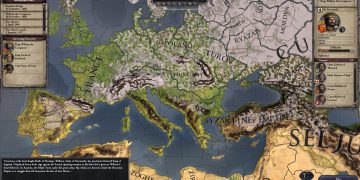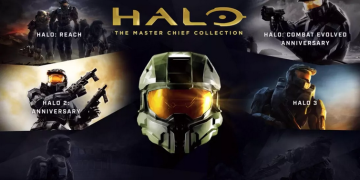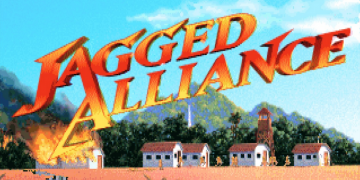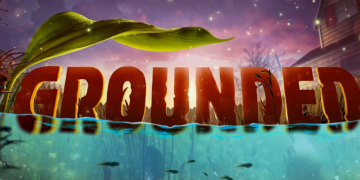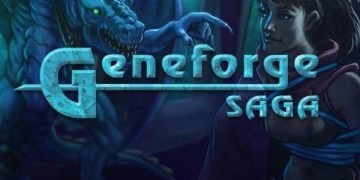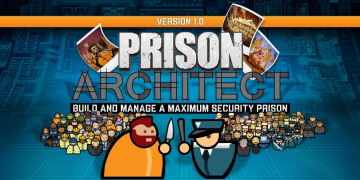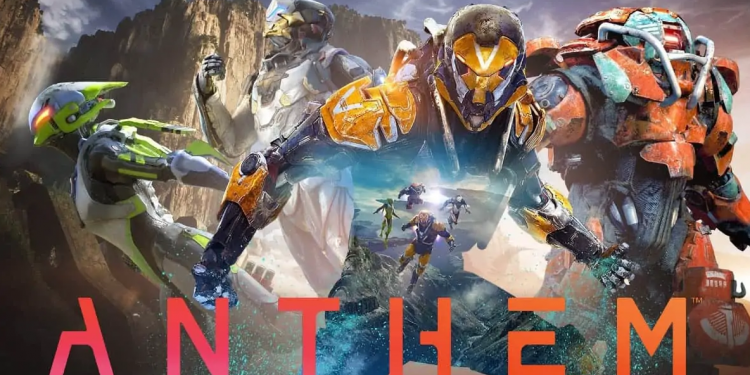Released worldwide on February 22nd 2019, the online multiplayer action role playing game has finally been declared dead. Developed by the once lauded Bioware, and published by Electronic Arts, few people expected the game to last for very long, and it didn’t.
Every step Anthem took was mired in controversy and negative reviews. Bioware, a studio known for, among other things, little titles such as Baldur’s Gate, Mass Effect, and Dragon Age: Origins, was ‘encouraged’ by EA to make an online role-playing action game. This was something that they had never even gone close to attempting before.
A studio known for deep lore, in-depth worlds and settings, strong characters, game-play where choices matter, all focusing on and culminating with fantastic single player adventures, was being ‘asked’ to make an online action game.

Some looked forward to it, others looked upon it with scorn. Development on it actually started back in 2012. In 2014 Casey Hudson, who had previously worked also as lead game designer on Mass Effect and Star Wars: Knight of The Old Republic, left Bioware. The games he had not been working on at the time were Mass Effect: Andromeda and Dragon Age: Inquisition. Might there have been a pattern emerging here?
In 2015 the lead writer of Dragon Age, David Gaider, was assigned to help with the story of Anthem, to bring it back to something approaching what Bioware had done in the past. Gaider left Bioware in 2016.
EA management wanted all of the studios working under them to use the same technology (so that people could be shuffled around, corporate style), and so the Frostbite Engine was forced upon Bioware and Anthem. However, the engine was not designed for what they wanted to do, and a multitude of ideas such as survival mechanics and a crafting system were scrapped. After four years in development the game was nowhere close to being in a state fit for release.
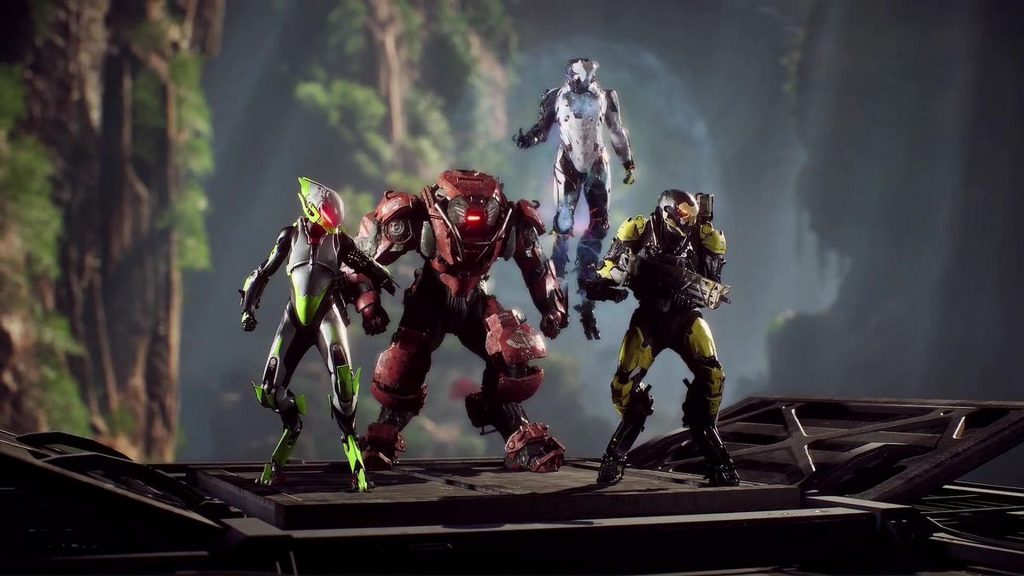
In 2017 a demo of the game reached EA’s Patrick Söderlund the Executive Vice President, and he was not impressed. Anthem developers believed that if they could not impress him, he would shut the game down. Bioware then spent six weeks of development time making the best looking demo they could, to save their project. This was then used for E3 in 2017, despite the fact that it did not really represent the game. Despite all of this, Soderlund left EA in 2018.
Later on in 2017 Bioware Montreal was shut down, several key Bioware staff left the project, and the new lead game designer Corey Gaspur, passed away. EA expected them to release the game just next year in 2018.
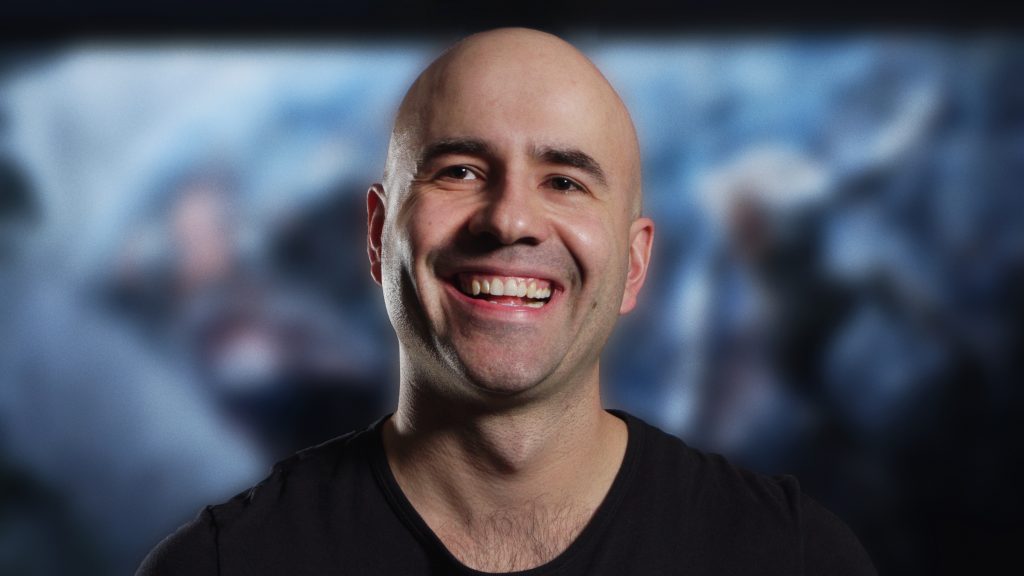
Because development was so strange, key things like narrative cohesion and game balance were hard to focus on and perfect. The staff working on the game were becoming stressed, and more left in 2018. Also in 2018, lead writer for the game as well as for Mass Effect and Star Wars: KoToR, Drew Karpyshyn, left the project and Bioware. In early 2019 Hudson returned to help the project, but it wouldn’t be enough.
On release in 2019, the game was clearly not finished. CEO of EA, Andrew Wilson (the man behind the micro-transactions EA has become famous for), said that they recognized that the game did not meet their expectations, and that they were committed to improving the game. After several months a patch/update was released, Cataclysm. It was the first of three new story acts for the game. These remaining acts were dropped later, to be replaced with ‘seasonal updates’.
In February 2020 Bioware said that they would be ending these updates, looking instead to reboot the whole game. People who had paid attention to the game from the onset easily read what this meant. In May of 2020 there was only a team of 30 on the project, and all they had done was evaluate the proposed rework. Anthem NEXT as it was called at the time, put out little to no news on progress or updates.
In February 2021 Bioware and EA announced that while game servers would remain up, no further work would be done on the game; and developers would be moved to work on new Mass Effect and Dragon Age titles. Anthem is officially dead, an online game that (barely) survived only two years, despite being in the works for six.


